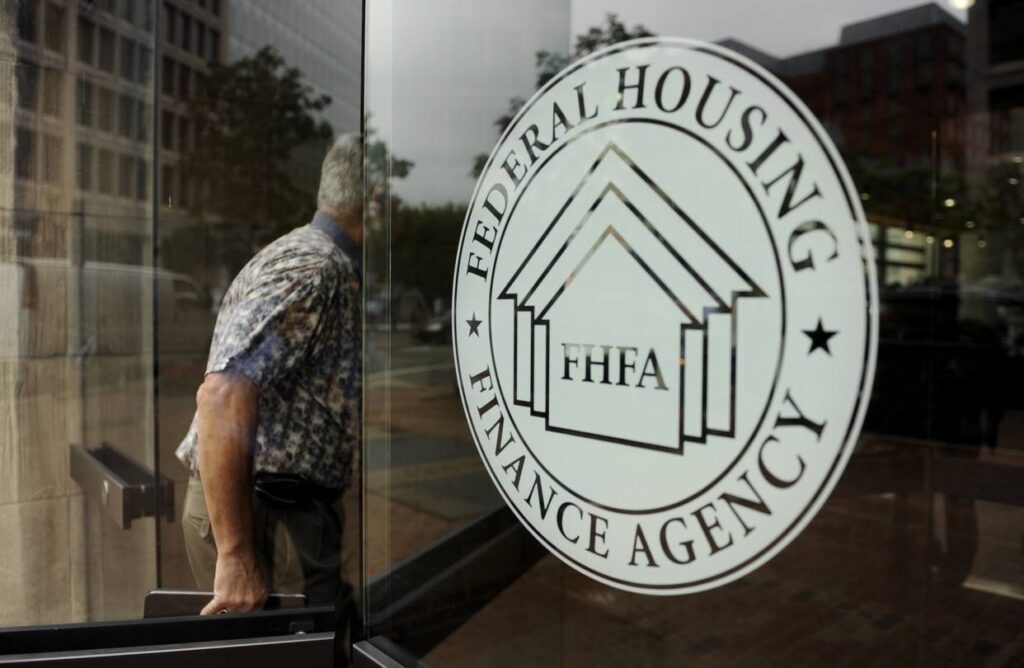In a new release, a notice of proposed rulemaking on Federal Home Loan Bank (FHLBank) Unsecured Credit Limits has been issued by the Federal Housing Finance Agency (FHFA). The proposed rule would harmonize the handling of interest-bearing deposit accounts (IBDAs) and other permitted overnight investments with the treatment of Federal Funds sales, therefore improving the FHLBanks’ capacity to supply liquidity to their members.
The FHLBanks would be able to better manage and address their members’ intraday liquidity needs with this updated regulatory approach. Additionally, the proposed rule makes it clearer how the FHLBanks would decide how much unsecured credit they can offer counterparties.
“The Federal Home Loan Banks have played a key role in helping homeowners and renters obtain affordable, sustainable housing for over 90 years,” said FHFA Director Sandra L. Thompson. “These modernizations will create more flexibility for the FHLBanks in their liquidity management, which will allow them to better serve their members, particularly during periods of market stress.”

A Critical Source of Liquidity
Since the publication of FHFA’s FHLBank System at 100: Focusing on the Future study in November 2023, there has been a great deal of outreach to and interaction with the FHLBanks and other stakeholders, which is why this proposed rulemaking has been made. The proposed rule will be open for public comment to the FHFA for sixty days after it is published in the Federal Register.
The Federal Housing Finance Agency (FHFA, or the Agency) intends to change the caps on bank extensions of unsecured credit in their on- and off-balance sheet and derivative transactions by amending its regulation on Federal Home Loan Bank (Bank) capital requirements. At the moment, overnight federal funds are only constrained by the greater “overall limit” and are not subject to the more stringent “general limit” on unsecured credit to a single counterparty.
In comparison to overnight federal funds, interest bearing deposit accounts (IBDAs) and other approved overnight investments would be included in the proposed rule’s exclusion. This could offer more flexibility and a better cost-to-yield.
To read the full release, including more information, click here.






